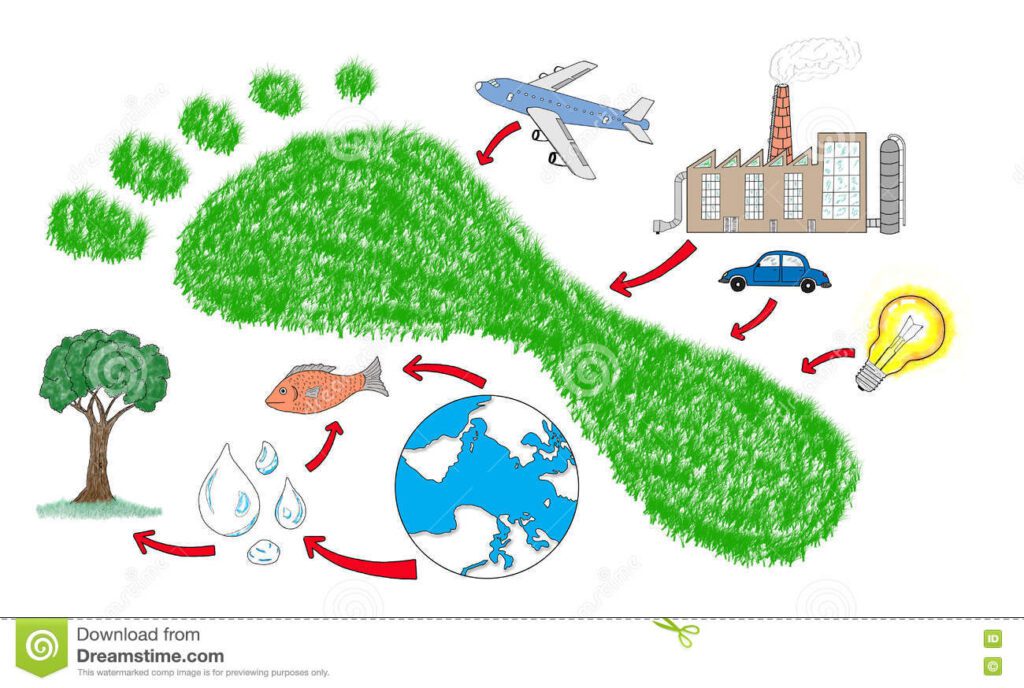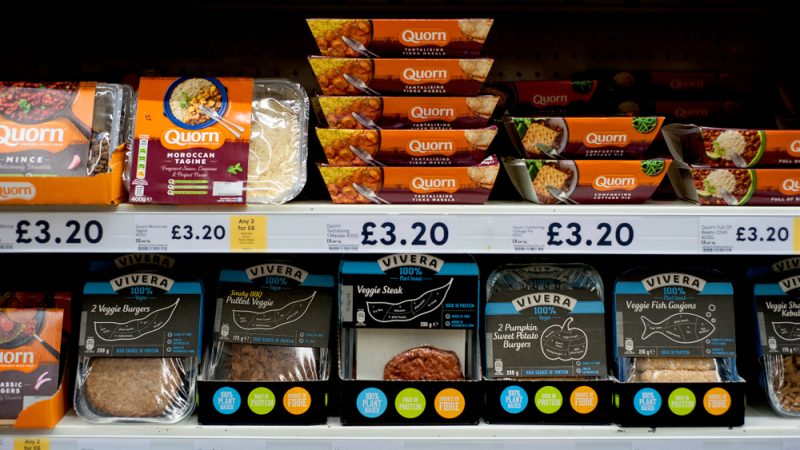Are plant-based meat alternatives healthier and safer? This is the most heated debate in the countless socio-economic corridors today. Whenever two or more conscious minds meet, they are bound to debate the pros and cons of innovation or product, and as of now, plant-based meat items are at the forefront.
From hardcore non-vegetarians defending the taste and comfort of regular meat or environment-friendly people talking about the direct repercussions of animal agriculture on climate change, it is hard not to come by such conversations. However, one thing is certain: plant-based meat has definitely ignited a conversation in the right direction, and consumers’ rapidly increasing awareness is giving it a much-needed boost.
Against this backdrop, here are a few key reasons why plant-based meat is the future of food:

No steroids or antibiotics, healthy ingredients to the core
Animals are often injected with steroids to make them gain more weight. More weight means more meat, which will eventually result in more profit for the producer. Similarly, farmers often use large amounts of antibiotics to protect, prevent, and treat bacterial infections in animals. However, the vast amount of steroids and antibiotics used in animal agriculture makes them unsafe for human consumption. Experts have suggested that these chemicals can severely harm humans if they are consumed over an extended period.
In contrast, plant-based meat products are made entirely from natural ingredients and don’t require chemical induction. Foodtech companies making plant-based meat often use a mechanical process to extract protein and other nutrients to ensure the products are 100% natural, hygienic, and full of nourishing elements. Undoubtedly, plant-based meat is a healthier alternative to traditional meat products.

Lower calories, fat, and cholesterol
While plant-based meat products are made to appear, taste, and feel like regular meat, they don’t have their harmful components. Foodtech companies extract plant-based protein and vitamins from ingredients like soybeans, peas, beet juice, coconut oil, and wheat. They also engineer the products so that they contain more nutritious elements like amino acids and fibers and a reduced amount of saturated fat and cholesterol, which is by default part of traditional animal-based meat.

Eat every day without negative health implications
Remember, as children, our mothers used to emphasize eating more vegetables and less meat. Eating regular meat, especially processed meat, can lead to the risk of type 2 diabetes, heart diseases, stroke, and even colorectal cancer. Moreover, several instances of animal-meat consumption leading to diseases like Swine Flu and Avian Flu (commonly known as Bird Flu) have also made people wary of eating traditional meat items.
On the flip side, since plant-based meat is made through a mechanical procedure without any chemicals, it is much healthier for regular consumption. In fact, a 2020 study also highlighted that participants who ate plant-based meat lowered their risk of cardiovascular diseases as compared to those who ate traditional meat during the same period. Similarly, consumers can avoid getting exposed to viruses like Swine Flu and Avian Flu by replacing plant-based meat with conventional animal-based meat.

Reduce carbon footprint and breathe fresh air
Apart from eating healthy, living in a greener and the unpolluted atmosphere is also crucial. Various studies have shown that globally, plant-based meat emits 30% to 90% less greenhouse gas than regular meat. Needless to say, cutting down on conventional meat consumption can not only improve the health of the environment but also ensure that living beings can continue breathing in the fresh air.
So, to eat or not to eat?
Over the last few years, consumers have become significantly concerned about the kind of products they are buying, using, and consuming. Organic and eco-friendly terms are among the most often used words among consumers. Brands that offer chemical-free products are gaining more popularity. This is primarily due to the rising awareness about the drastically changing climate, rising GHG emissions in the atmosphere, depleting the ozone layer, deforestation, pollution, and chaotic natural order.

However, at the same time, people are also becoming more conscious about their health. It is the lesson we learned the hard way (during the pandemic). Taking care of physical and mental health is not an option but a necessity. In this context, the aforementioned points factually and logically support the argument that plant-based meat is healthier and safer for consumption. By simply substituting regular meat with imitation or fake meat, one can not only make a profitable decision for the environment but also take significant steps to improve their health.
Plant-based meat is the key to a sustainable tomorrow. So, if you haven’t taken this route yet, it is time to think again.








